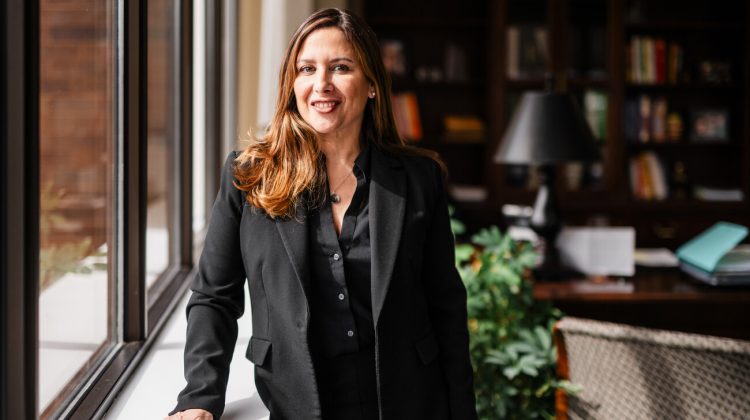LYNN — While the proposed FY25 school budget is up $14 million, school administrators and members of the School Committee expressed concern over the budget containing $9 million less in the Student Opportunity Act Investment fund than FY24, and the end of Elementary and Secondary School Emergency Relief (ESSER) funds for school districts nationwide.
There will be an overall increase in the school budget from FY24 to FY25, from $235,125,000 to $249,450,000. However, there will be a decrease in the Student Opportunity Act Investment fund from approximately $27 million for FY24 to approximately $18 million for FY25, due to the state budget, which is out of the district’s control, according to Superintendent of Schools Dr. Evonne S. Alvarez.
ESSER funds from the federal government, which were implemented as a result of the pandemic, are also ending for schools across the country. According to Dr. Alvarez, previously ESSER-funded programs and initiatives, such as funding for clinicians, would have to be transferred to the general budget, something that the district would have to find funding for.
“There are 75 clinical social workers and the cost is approximately $8.5 million,” Dr. Alvarez told The Item.
At a recent School Committee meeting, Lynn Public Schools Business Administrator Kevin McHugh said that he did not anticipate the funds for the SOA to be significantly lower.
“It’s hurting us right now,” McHugh said. “I was kind of hoping around $24 (million), but unfortunately that did not happen and $18 (million) has really put a crunch on the school department.”
There are also concerns over frozen vacant positions, some of which have been unfilled for the past two years, and how they can affect teachers’ workloads, as well as students’ instructional and curricular needs. Dr. Alvarez said that according to data from Human Resources, 203 instructional positions still need to be filled out of 357 positions posted after the first round of call-downs for teachers.
“We hope to be able to fund the current frozen vacant positions from salary savings in the beginning of the school year,” Dr. Alvarez told The Item.
In the meeting, Dr. Alvarez expressed concern over filling the vacant positions.
“As a student-centered district, what we need to look at is what are the services that the students aren’t receiving and how we are replacing those when we’re not able to attract or bring in applicants for any of these positions for over two years,” Dr. Alvarez said.
She added that teachers are being overloaded with work and taking on extra responsibilities to meet the needs of students because the district has not had applicants for vacant positions.
Dr. Alvarez told The Item that a difficulty the district has dealt with when trying to fill vacancies is the need for positions like speech pathologists to have “very specific certifications.”
McHugh said at the meeting that a primary goal, should funding become available after the fiscal year begins on July 1, is to fill some vacant positions.
“Obviously the special-ed jobs, as well as the MLE (multilingual education) jobs would probably be the highest priority because those are classroom jobs or in the school buildings,” McHugh said.
Dr. Alvarez emphasized that the FY25 budget will prioritize instructional delivery and the curricular needs of all students.
“This includes investments in personnel and professional development, curricular materials, and resources for teachers and students,” Dr. Alvarez said.
Before the School Committee meeting began, several teachers and professionals spoke to the committee in an open-mic session about how teachers are burnt out and students need more support.
LPS Bilingual Speech and Language Pathologist Miriam Rodriguez-Fusco urged committee members to prioritize always maintaining a fully-staffed Speech and Language Pathology department.
“Please help stop the vicious cycle of underserving the LPS students,” Rodriguez-Fusco said.
She added that speech language pathology services are important for elevating school rankings.
Special Education and American Sign Language teacher Heather Lang said that she had to take on an additional responsibility of teaching a sixth class to ease the burden in her building.
“The teacher part of me always comes back to, ‘I’m doing this for the kids,’’’ Lang said. “You have to remember you’re doing this for the kids, but the logical part of me realizes that the burnout is real and this is not sustainable in the long term. We need more teachers in our building.”
Dr. Alvarez told The Item that money that is supposed to go toward payroll for vacant positions is not left unused, as it pays for extra work that LPS staff takes on.
The proposed budget is available at the LPS website, and a public hearing on the budget will be held on June 13.

